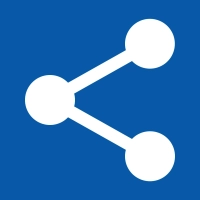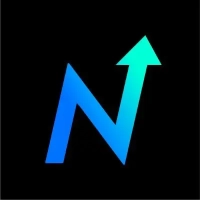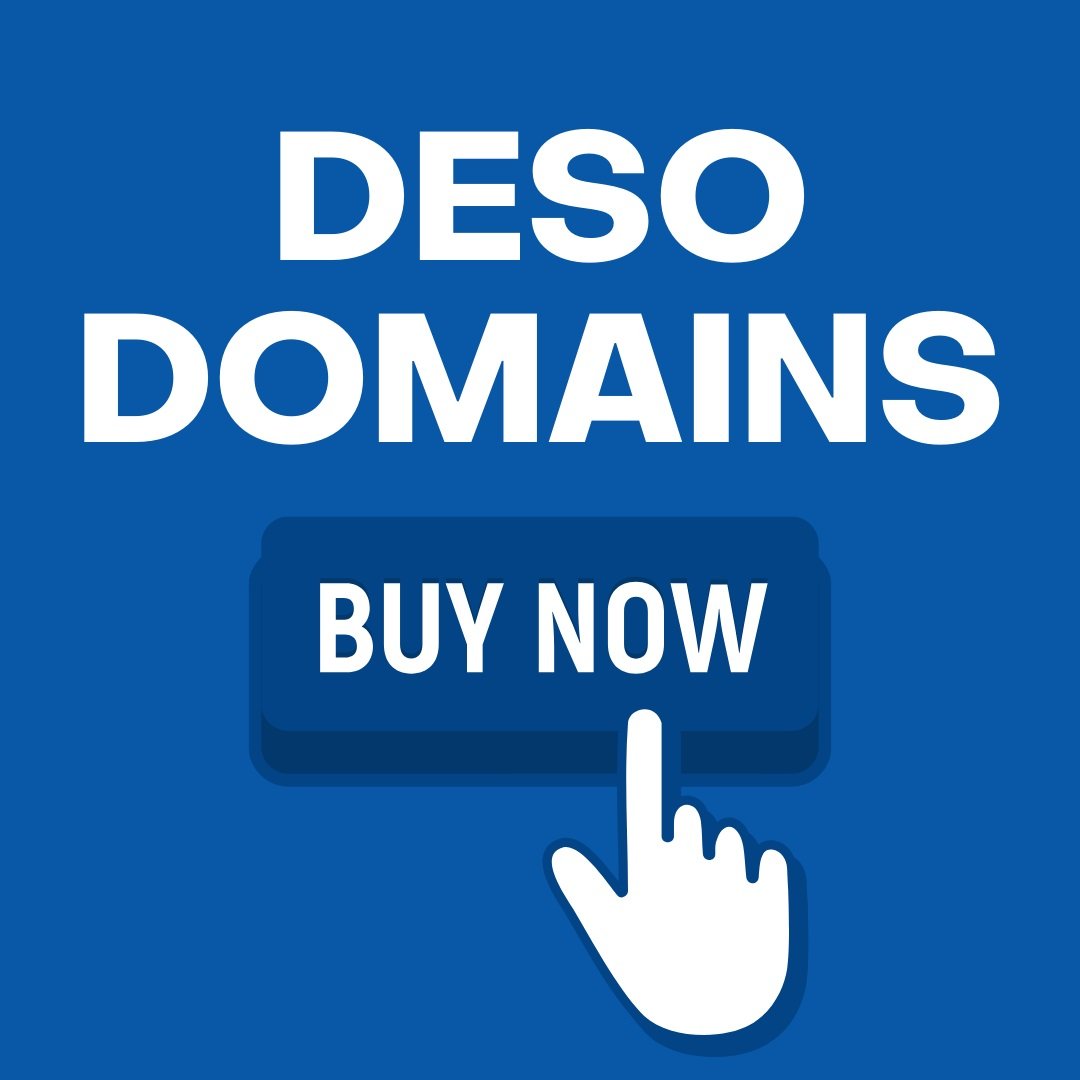Unleashing the Future of Social Media: Going Beyond Centralization
In the fast-paced world of social media, the centralized paradigm that currently dominates the landscape is gradually reaching its limits. As we enter the Web3.0 era, a new era of decentralized connectivity and next-gen interaction is emerging, promising to revolutionize social platforms as we know them. November 18, 2023 16:53
This blog delves into the transformative potential of decentralized networks, breaking the chains of centralization and unleashing the future of social media. Join us as we explore the innovative evolution and digital liberation that awaits in this decentralized paradigm shift, reshaping the future of communication.
The limitations of centralized social media platforms
The centralized nature of current social media platforms comes with its fair share of limitations. Centralized platforms are largely controlled by a single entity, which means they have the power to dictate the rules and policies that govern user interactions. This concentration of power often leads to issues such as data breaches, censorship, and lack of privacy.
Furthermore, centralized platforms rely on a hierarchical structure where content creators have limited control over their own work. Algorithms determine what content is prioritized and shown to users, which can result in a homogenized and filtered user experience.
Additionally, the revenue models of centralized platforms heavily rely on advertising, leading to an overwhelming amount of targeted ads and user tracking.
As we move towards a decentralized future, these limitations will be tackled head-on, fostering a more democratic and user-centric environment that empowers individuals and prioritizes user privacy and security. Stay tuned for the next section as we delve deeper into the potential of decentralized social media platforms.
Decentralized social media: A new era of user empowerment
Decentralized social media: A new era of user empowerment
In the previous section, we discussed the limitations of centralized social media platforms and the issues they pose for users. Now, let's explore the exciting potential of decentralized social media and how it can unleash a new era of user empowerment.
Decentralized social media platforms operate on a peer-to-peer network, where users have more control over their own data and interactions. Instead of relying on a single entity to dictate the rules and policies, decentralized platforms are governed by a network of users, aiming to create a more democratic environment.
One of the greatest advantages of decentralized platforms is user privacy and security. With data breaches being a common concern on centralized platforms, decentralized social media aims to address this issue by giving individuals complete control over their data, allowing them to choose who has access to their information.
Moreover, decentralized platforms prioritize user-centric experiences. By allowing users to have a say in the content they see, these platforms move away from the homogenized and filtered experiences offered by centralized platforms. Instead, users can curate their own feeds and connect with like-minded individuals based on shared interests.
Another key aspect of decentralized social media is the shift in revenue models. Instead of relying solely on advertising, these platforms explore alternate models such as microtransactions or subscription-based services. This means users can expect fewer intrusive and targeted ads and have more control over their interaction with sponsored content.
In the upcoming section, we will delve deeper into specific decentralized social media platforms and explore their unique features and benefits. Together, let's discover the exciting future of social media beyond centralization.
Exploring blockchain technology in social media
Blockchain technology has revolutionized various industries, and social media is no exception. By using blockchain, decentralized social media platforms are able to enhance transparency, security, and trust within the network.
Blockchain, in simple terms, is a digital ledger that records and verifies transactions across multiple computers. This ensures that all interactions on the platform are immutable and tamper-proof. With this technology, users can trust that their data and information are secure and cannot be manipulated by third parties.
Additionally, blockchain enables greater transparency in content moderation. Traditional social media platforms often face criticism for their opaque moderation practices. However, with blockchain, all content moderation decisions are recorded on the public ledger, providing accountability and preventing censorship.
Furthermore, blockchain technology allows for decentralized digital identities. Users can have full control over their identity and personal data, reducing the risk of identity theft and privacy breaches. This empowers individuals to participate in social media platforms without compromising their personal information.
Several decentralized social media platforms have already integrated blockchain technology into their framework. Steemit, for example, a blockchain-based social media platform, rewards users based on the value of their contributions to the network. This incentivizes quality content creation and fosters a more engaged community.
In the next section, we will explore more examples of decentralized social media platforms that leverage blockchain technology and the unique advantages they bring to users. Join us as we dive deeper into the exciting world of decentralized social media.
Embracing privacy and data ownership
One of the key advantages of decentralized social media platforms powered by blockchain technology is the emphasis on privacy and data ownership. Unlike centralized platforms where user data is often collected and controlled by the platform itself, decentralized platforms prioritize the ownership and control of personal data by individuals.
Through blockchain-based platforms, users have the ability to maintain their privacy and have full control over their personal information. This means that individuals can choose what data they want to share, with whom, and for what purpose. It eliminates the invasive data collection practices that have become common in traditional social media platforms.
Furthermore, decentralized platforms enable users to securely store their personal data without the fear of data breaches. Since blockchain technology ensures immutability and tamper-proof records, the risk of unauthorized access and data misuse is significantly reduced.
In addition, users are given the option to monetize their own data. Instead of giving away personal information for free, individuals can choose to receive compensation for sharing certain data or insights. This shift in data ownership empowers individuals to have a more direct and transparent relationship with advertisers and other parties interested in their data.
By embracing privacy and data ownership, decentralized social media platforms are creating a new era where users have complete control over their online presence and interactions. In the next section, we will delve into the potential impact of decentralized social media on influencing online communities and the democratic nature of social media platforms. Stay tuned!
Building a user-driven social media community
Building a user-driven social media community is a key aspect of decentralized platforms powered by blockchain technology. Unlike centralized platforms where decision-making and content moderation are controlled by a select few, decentralized platforms aim to empower users to have a say in shaping the community.
In a user-driven social media community, individuals have the ability to participate in the decision-making process. This can include voting on platform guidelines, proposing and implementing changes, and even contributing to the platform's development. By involving users in these decisions, decentralized platforms foster a sense of ownership and accountability among community members.
Furthermore, decentralized platforms prioritize transparency in content moderation. Instead of relying on algorithms and centralized authorities to filter and moderate content, users play an active role in flagging and reporting inappropriate or harmful content. This distributed approach to content moderation ensures a more diverse and inclusive social media environment, where multiple perspectives and voices are valued.
Another aspect of building a user-driven community is the ability for users to create and join niche communities based on their specific interests and values. Decentralized platforms provide users with the freedom to form communities that align with their passions, hobbies, or causes, enabling more meaningful interactions and connections.
By giving users the power to shape the social media community, decentralized platforms are revolutionizing the democratic nature of social media. In the next section, we will explore the potential challenges and future developments of decentralized social media. Stay tuned to learn more about the exciting possibilities of this emerging technology.
Leveraging the power of community-led innovation
In addition to empowering users in decision-making and content moderation, decentralized platforms offer a unique opportunity to leverage the power of community-led innovation. By tapping into the collective intelligence and creativity of its users, these platforms can revolutionize the way social media operates.
One of the ways decentralized platforms encourage community-led innovation is through open-source development. Unlike centralized platforms that operate on proprietary technology, decentralized platforms often embrace open-source principles, allowing anyone to contribute to the platform's codebase. This fosters collaboration, transparency, and continuous improvement, as developers from around the world can share their expertise and build upon each other's work.
Furthermore, decentralized platforms can utilize mechanisms such as bounties and rewards to incentivize users to propose and develop new features or applications. These incentives not only encourage innovation but also ensure that the needs and desires of the community are addressed.
By embracing community-led innovation, decentralized platforms have the potential to stay ahead of trends and adapt to the changing needs of users. This iterative and collaborative approach leads to the rapid development of new features and functionalities, making the platform more dynamic and user-friendly.
In the next section, we will delve into the potential privacy and security advantages of decentralized social media. Join us as we explore how blockchain technology can provide users with greater control over their personal data and protect them from the risks associated with centralized platforms.
The future is decentralized: Embrace the change!
Decentralized platforms have the potential to revolutionize social media as we know it. By empowering users in decision-making, leveraging community-led innovation, and fostering collaboration, these platforms can bring about significant advancements. But what about privacy and security?
In today's digital age, data privacy has become a growing concern. Centralized platforms often have access to vast amounts of personal data, leaving users vulnerable to potential breaches or misuse. But with decentralized platforms, users have greater control. Blockchain technology, for example, can provide secure and transparent data storage, giving users peace of mind.
In addition, decentralized platforms inherently protect against censorship and manipulation. The distribution of power and decision-making across a network of users makes it difficult for any single entity to control the narrative. This ensures that diverse perspectives can flourish without fear of suppression.
Embracing the change towards decentralization is not just a leap into the future, but a step towards a more inclusive and secure social media landscape. Join us as we uncover the possibilities and advantages of decentralization in the next section.
Unleashing the full potential of social media
Conclusion: Unleashing the full potential of social media
As we have explored in this blog series, decentralized platforms have the power to unleash the full potential of social media. By shifting the control and decision-making power to the users themselves, these platforms can provide a more inclusive, secure, and innovative social media landscape.
Through the use of blockchain technology, decentralized platforms offer unparalleled data privacy and security. Users have greater control over their personal information, reducing the risk of breaches and misuse. This not only provides peace of mind but also fosters a sense of trust and transparency in the online community.
Furthermore, decentralized platforms protect against censorship and manipulation. By distributing power and decision-making across a network of users, no single entity can control the narrative. This enables diverse perspectives to flourish and encourages meaningful discussions without the fear of suppression.
In embracing the change towards decentralization, we are taking a monumental step towards a social media landscape that reflects the values of inclusivity, security, and innovation. The possibilities and advantages of decentralization are vast, and it is an exciting time to be a part of this revolution.
Join us in our journey as we continue to explore the potential of decentralized social media platforms and uncover the opportunities they present for individuals and communities alike. Together, let's unleash the future of social media and create a digital world that empowers us all.
User Comments (0)
Popular DeSo Apps










